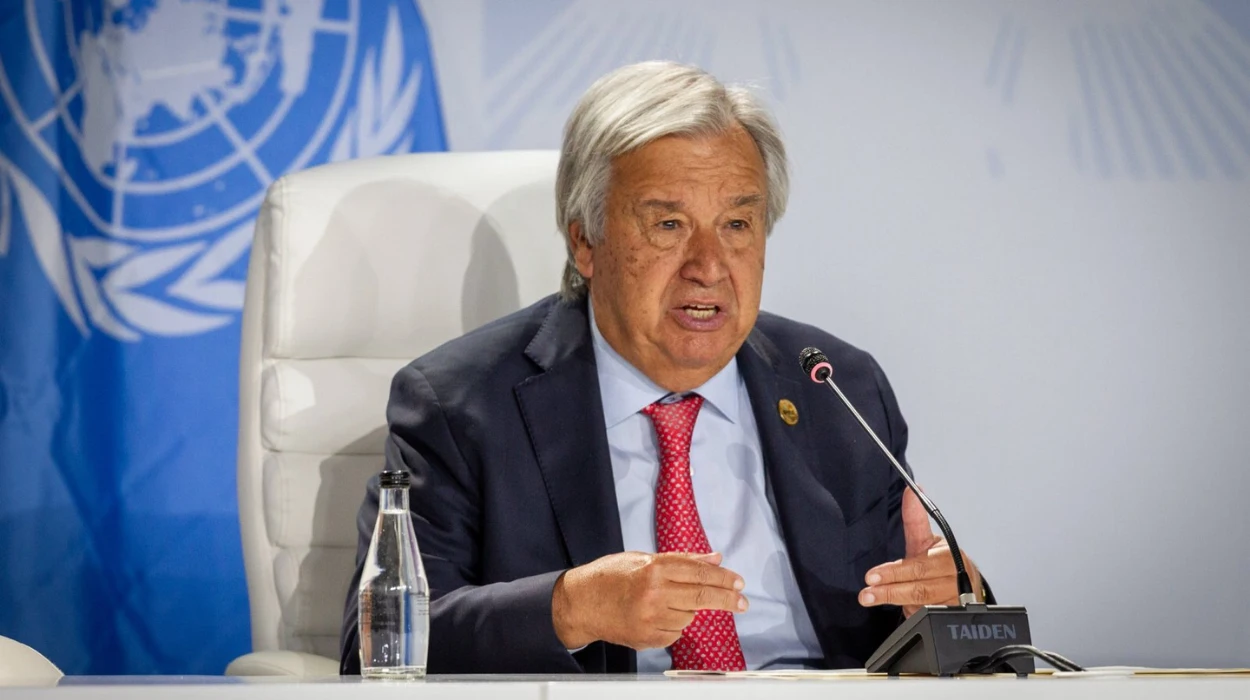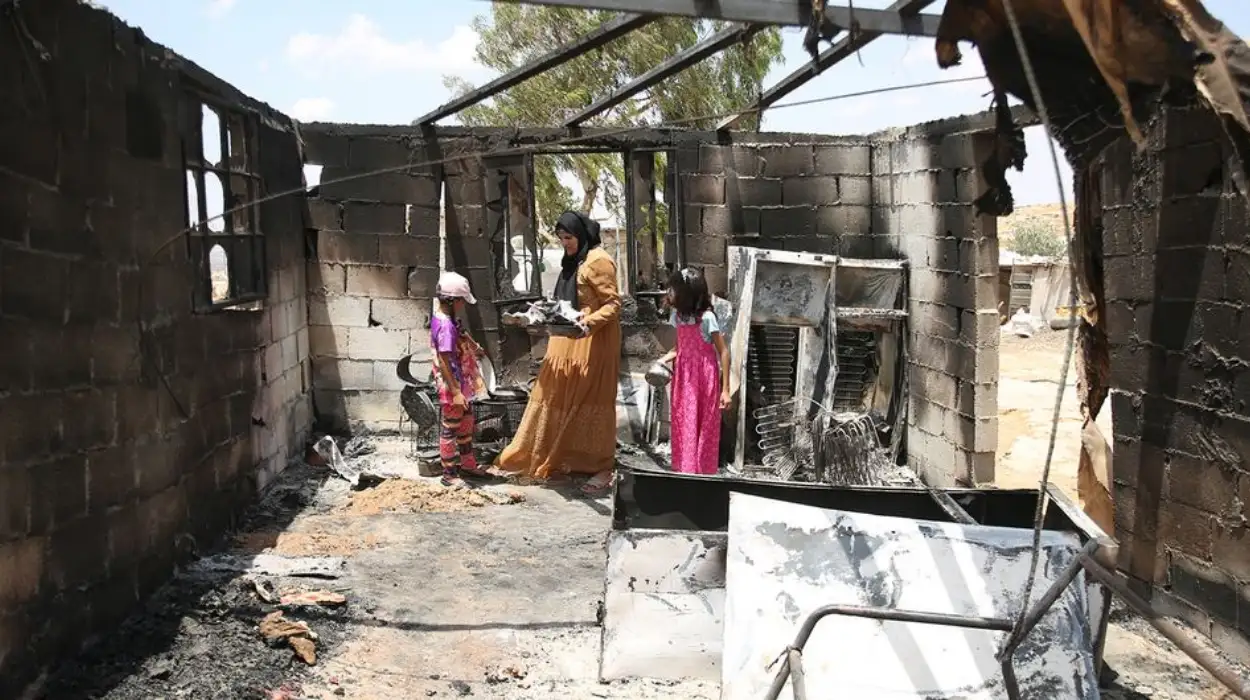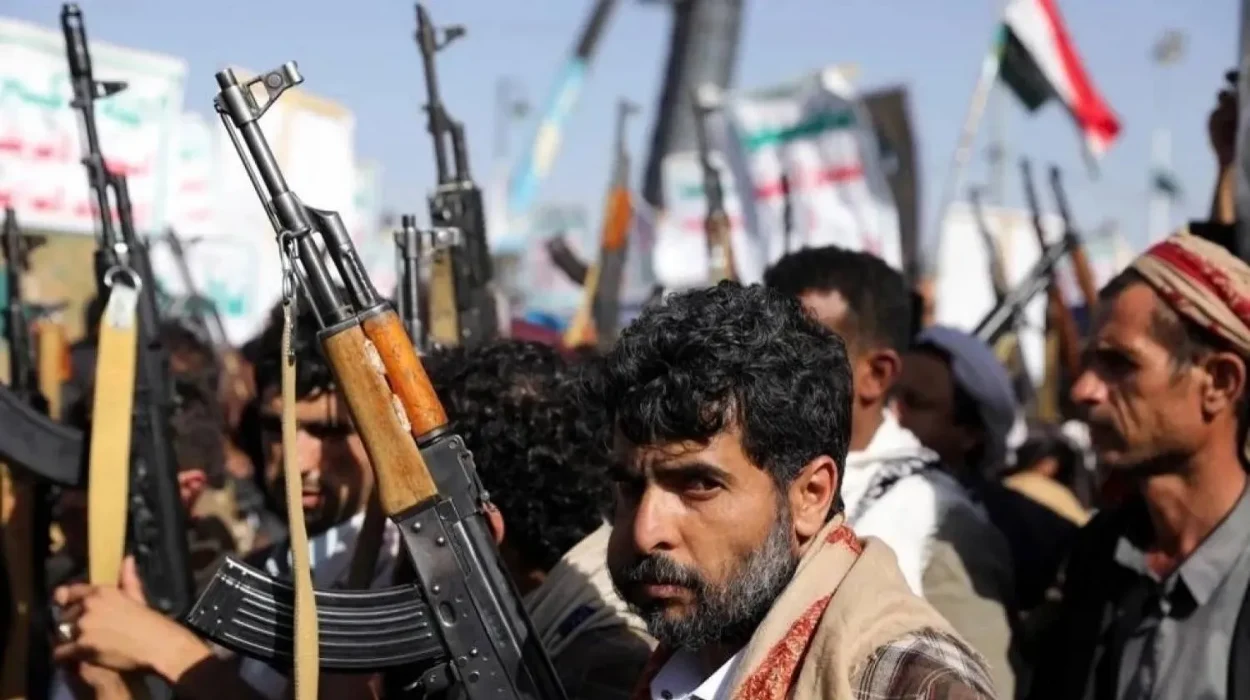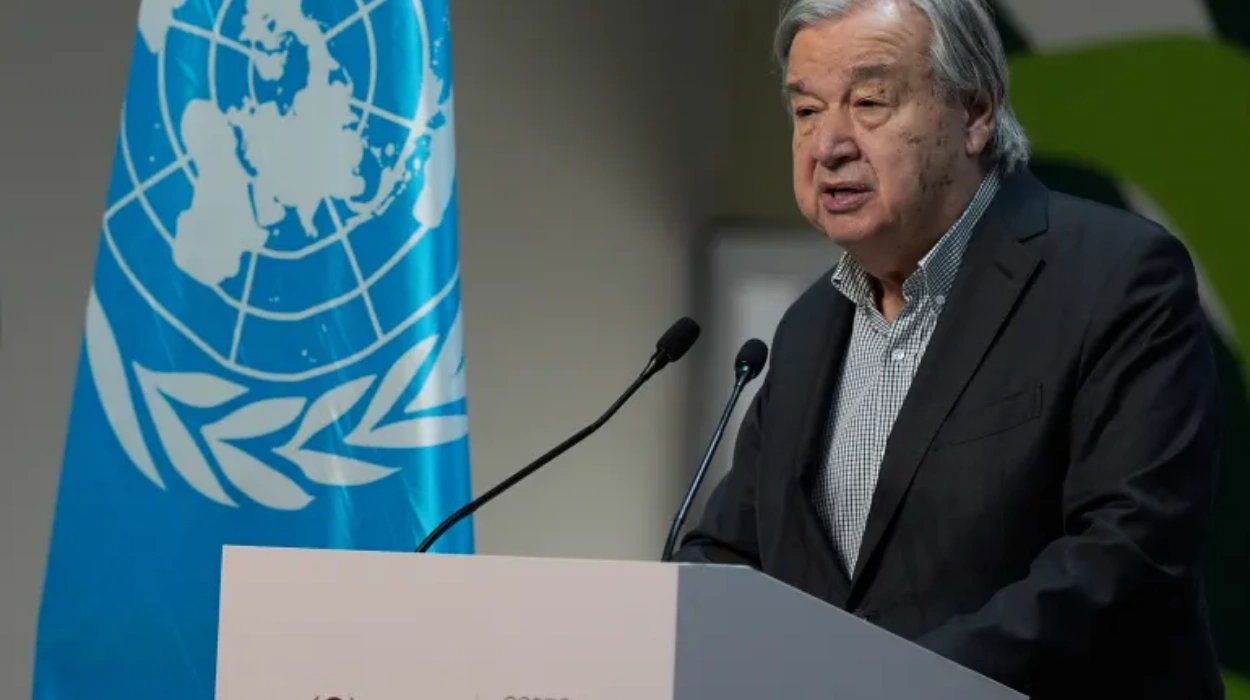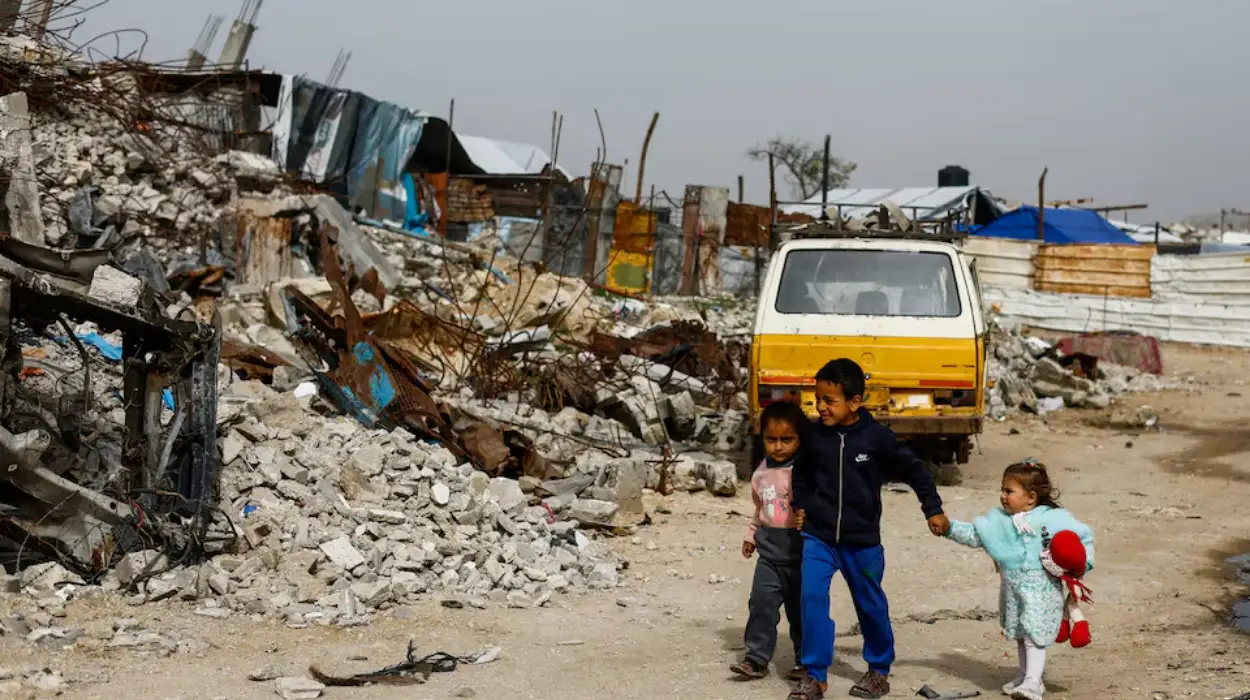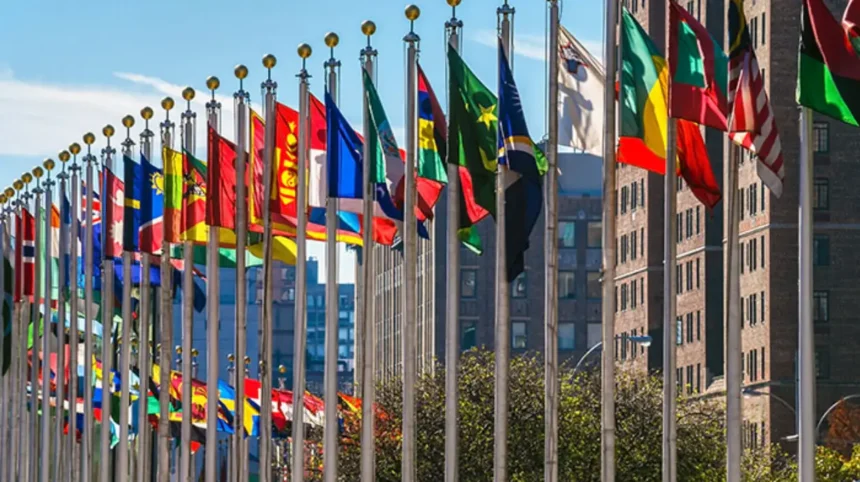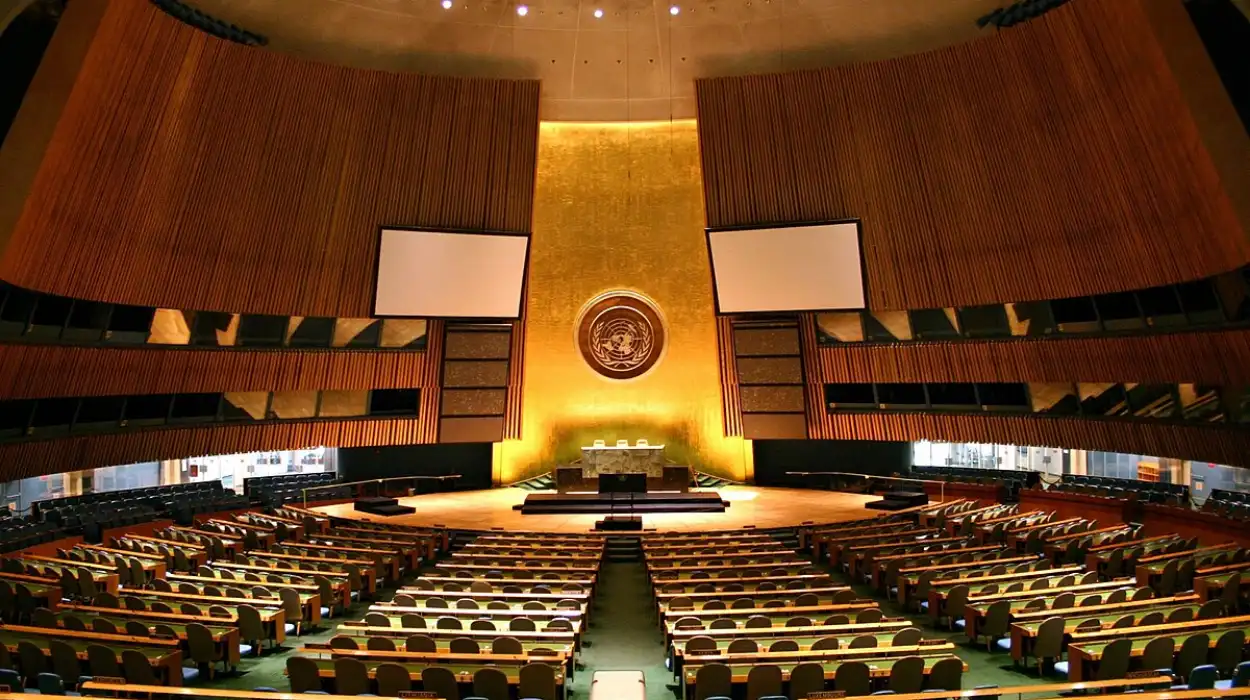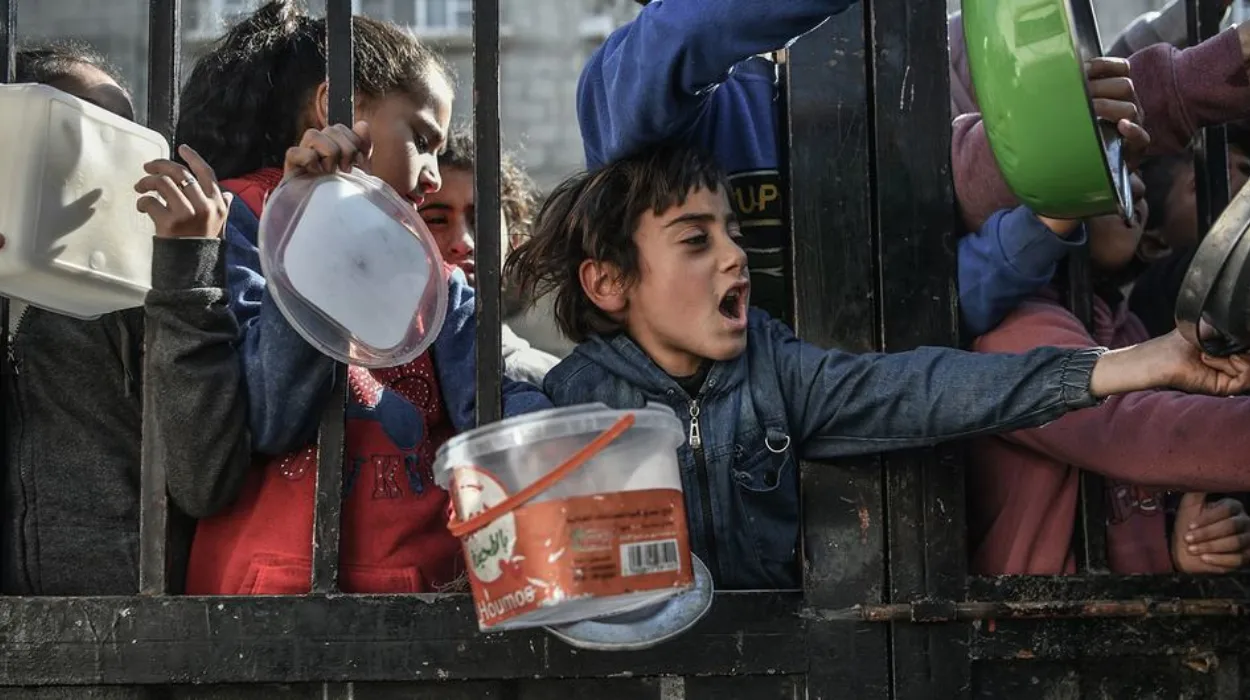Since 1945, the United Nations has served as the main international platform of multilateral collaboration, and 193 countries are its members as of 2025. Membership guarantees access to important global processes by states, whether peacekeeping and humanitarian coordination or even a stake in international norm-setting processes.
States acquire the liberty to attend debates in the General Assembly, vote on international resolutions and influence structures in human rights, disarmament as well as development. Nonetheless, there are still political entities that are deemed to be de facto but are not mentioned. They are not there because they do not have an internal governing structure but because unresolved issues of sovereignty and internationalization questions remain.
This enduring marginalization has serious implications to the validity of world governance systems and poses severe questions as to what happens at the crossroads of statehood and recognition in international law.
Taiwan: The One-China Policy And Diplomatic Impasse
Taiwan is still considered one of the most developed and democratically ruled states that were not included in the UN. In the year 1971, after the General Assembly passed Resolution 2758 that acknowledged the People Republic of China as the only representative of China, Taiwan was expelled from the organization.
Although Taiwan has its operational independent institutions, military forces, and elections, it has been isolated internationally because the PRC is insistent that no nation should have any official relations with both the governments. This geopolitical location does not allow Taiwan to participate in important international forums, such as health and climate forums. It has been particularly marginalised in the COVID-19 pandemic, and it still happens as of 2025, with Taiwanese contributions to global health still not acknowledged by the World Health Organization.
Kosovo: Contested Independence And Global Division
In 2008, Kosovo found itself in a geopolitical divide due to the existence of independence declared by the state of Kosovo over Serbia. Although most of the UN member states such as the United States and most European countries acknowledge Kosovo, some of the most notable countries like Russia, China, and some of the non-aligned ones do not.
The major issue hindering UN membership is absence of consensus in the Security Council where Russia and China have the power to veto. Kosovo belongs to organizations such as the World Bank and International Monetary Fund, but lacks membership at the UN to restrict its official status in the international system. By 2025, continued EU-mediated negotiations with Serbia had stalled and the stalemate continued to weaken the Kosovo ambitions of becoming a fully globalized state.
Western Sahara: Decolonization Dilemma And International Inertia
Western Sahara is one of the unresolved and prolonged problems of decolonization in the UN system. The region is occupied and is to a great extent governed by Morocco, and the Sahrawi Arab Democratic Republic (SADR), proclaimed by the Polisario Front, desires complete independence.
A peacekeeping presence has not been removed since the 1991 ceasefire agreement, however a long-promised referendum on self-determination has not been established. The SADR is a non-member of the UN although it is a member of the African Union, and the stalemate is not helped by the contrasting international positions. By 2025, Morocco still enjoys diplomatic support of various world powers, increasingly enlisting on the side of the stalemate.
Other Territories With Limited Recognition And Stable Governance
In 1991, Somaliland seceded to Somalia claiming its independence but has continued to enjoy relative stability, democratic elections and internal peace. However, none of the UN member states recognizes its sovereignty claim, mainly because of African Union fears on precedence and Somalia opposition.
This has deprived Somaliland of global coordination of aid and multilateral diplomacy in spite of the fact that it operates as a de facto state. The need to have more international interest in Somaliland continues to be called by 2025, especially in the face of counterterrorism and Red Sea maritime security.
Northern Cyprus And The Eastern Mediterranean Dispute
The Turkish Republic of Northern Cyprus, which is not recognized by any other state since its establishment in 1983, is a focal point of the unresolved status of the split island that Turkey cannot get. The Republic of Cyprus is a member of the UN and supported by the European Union and other forces.
Attempts to re-unite the island on a federal model basis have never succeeded. The isolation of Northern Cyprus remains in terms of diplomatic isolation, which impacts on economic development and regional negotiations. The energy politics of the eastern Mediterranean has raised an international concern over the unresolved conflict in 2025.
The Unique Case Of The Cook Islands And Niue
There are two self-governing territories of free association with New Zealand- Cook Islands and Niue which occupy a special legal and political status. They are not members of the UN, although they have full treaty-making power and are in charge of all domestic affairs, because they are constitutionally bound to New Zealand.
The two entities have been active members in the various UN specialized agencies including the WHO and UNESCO and have shown interest in full membership. As of 2025, any possible admission conversation is tentative, and it is feared that it may lead to legal problems and legal precedence in other territories in free association agreement.
The Geopolitical Dynamics Shaping Exclusion From The UN
The international influence of China imposes the One-China rule which essentially isolates Taiwan within the UN system. Russia and China are collaborating to counter the recognition of Kosovo, as they feel it will set a precedent of separatist movements to other countries supported by the west. In both situations, vetoes of the Security Council are used as a tactic to preserve geopolitical statuses.
Even such a territorial conflict as Western Sahara or Northern Cyprus depends on more extensive alignments. Morocco is supported by western allies, and the SADR is supported by a number of African and Latin American states. These divisions indicate more structural fault lines to the interpretation and defence of sovereignty in the global order.
Diplomatic Recognition And Legal Ambiguity
Membership of the UN is usually subject to a large-scale diplomatic recognition, which is a political selection. Such organizations as Somaliland or Abkhazia operate under all the characteristics of the state but are excluded due to non-recognition by powerful states.
Such discounting of both the political reality and the legal status reveals the contradiction in the principles of universality and state sovereignty of the UN Charter. It also indicates the inconsistency in the application of international law influenced by the strategic interests instead of equal standards.
Implications For Global Governance And Cooperation
Denying functioning states with capabilities to join the UN has practical implications to world governance. In the absence of full membership, these entities have restricted access to development funds, responding to humanitarian crises, or participation in international structures on trade, environment and security.
They make it difficult to coordinate transnational emergencies and undermine international treaty universality. Without a unified structure to involve these actors, there may be fragmentation and duplication of the global system.
In addition, disenfranchisement contributes to resentment and loss of legitimacy on the perceived world institutions. Reform demands, be it in the make-up in the Security Council or in membership standards, continue to be made as the centers of world power change and as rising nations demand higher representation.
The UN’s claim to be a universal body is complicated by enduring exclusions grounded in geopolitical contestation rather than administrative incapacity. While the UN Charter enshrines the equality of nations, access to its forums is ultimately filtered through the lens of strategic power, alliance systems, and recognition politics.
These exclusions remind us that the international order remains defined as much by who sits at the table as by the principles the table was built to uphold. The path to a more inclusive and effective United Nations system will require not only legal ingenuity but also political will to resolve the complex legacies of sovereignty and recognition that continue to shape global diplomacy in 2025.


